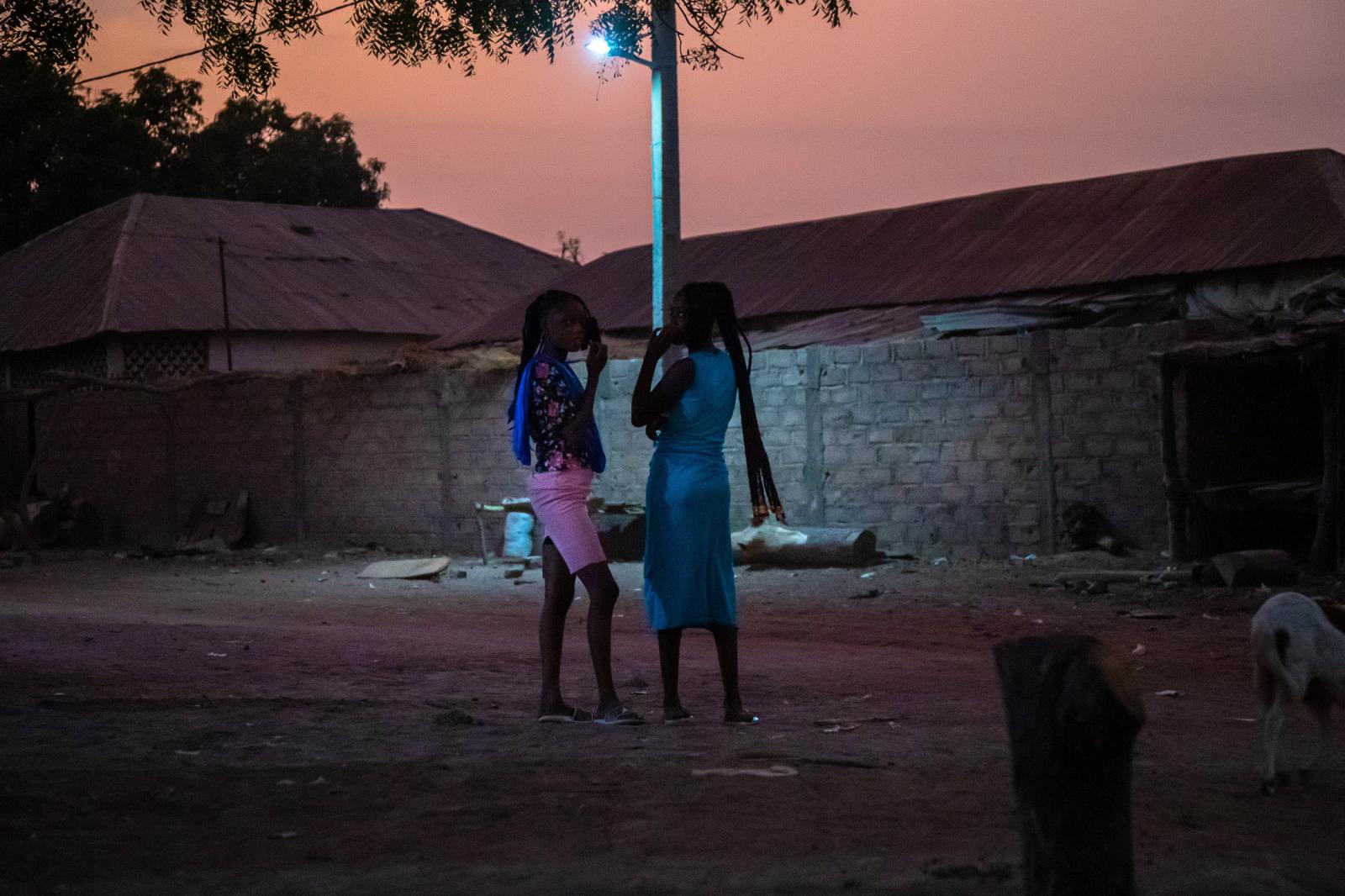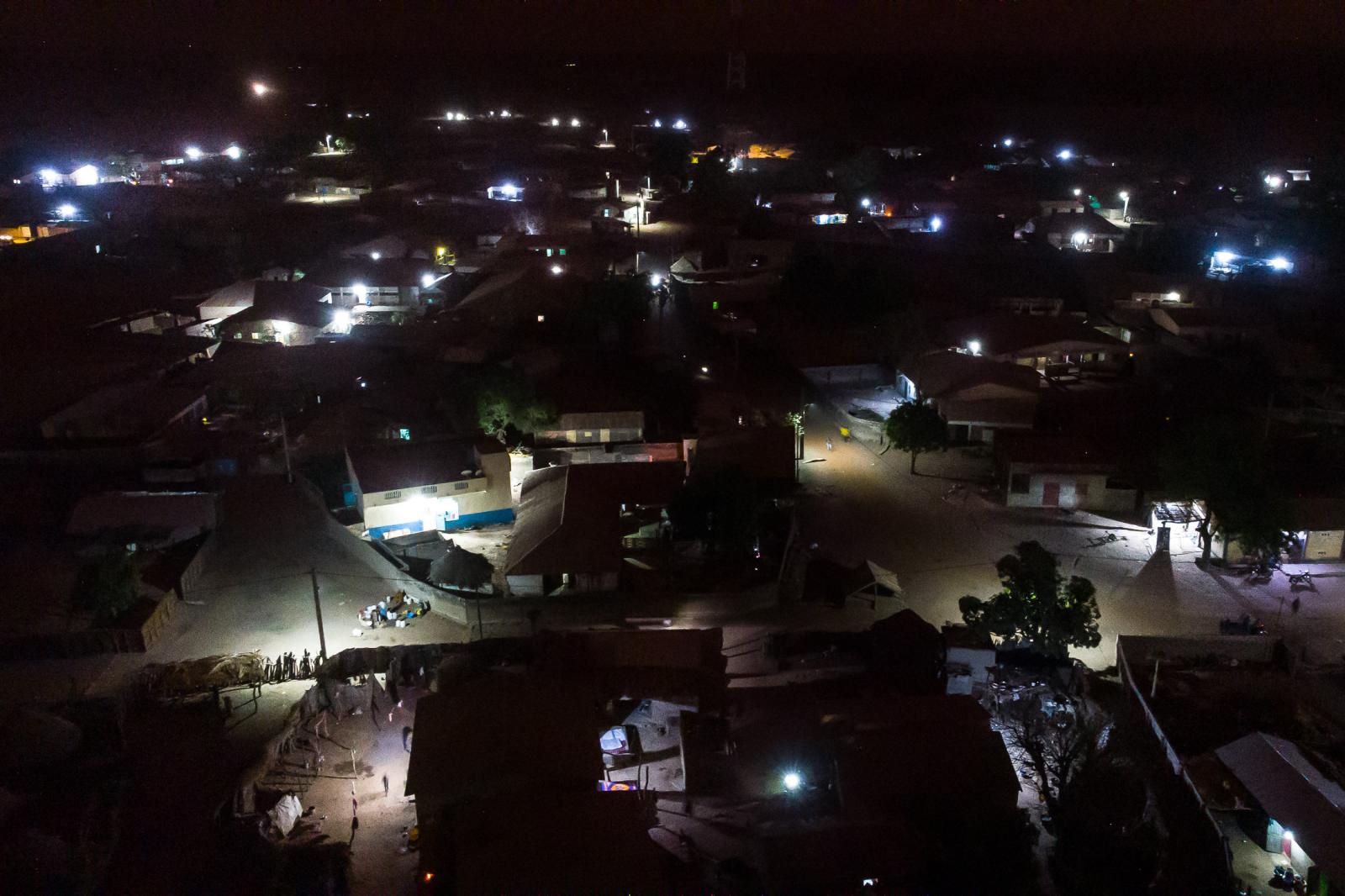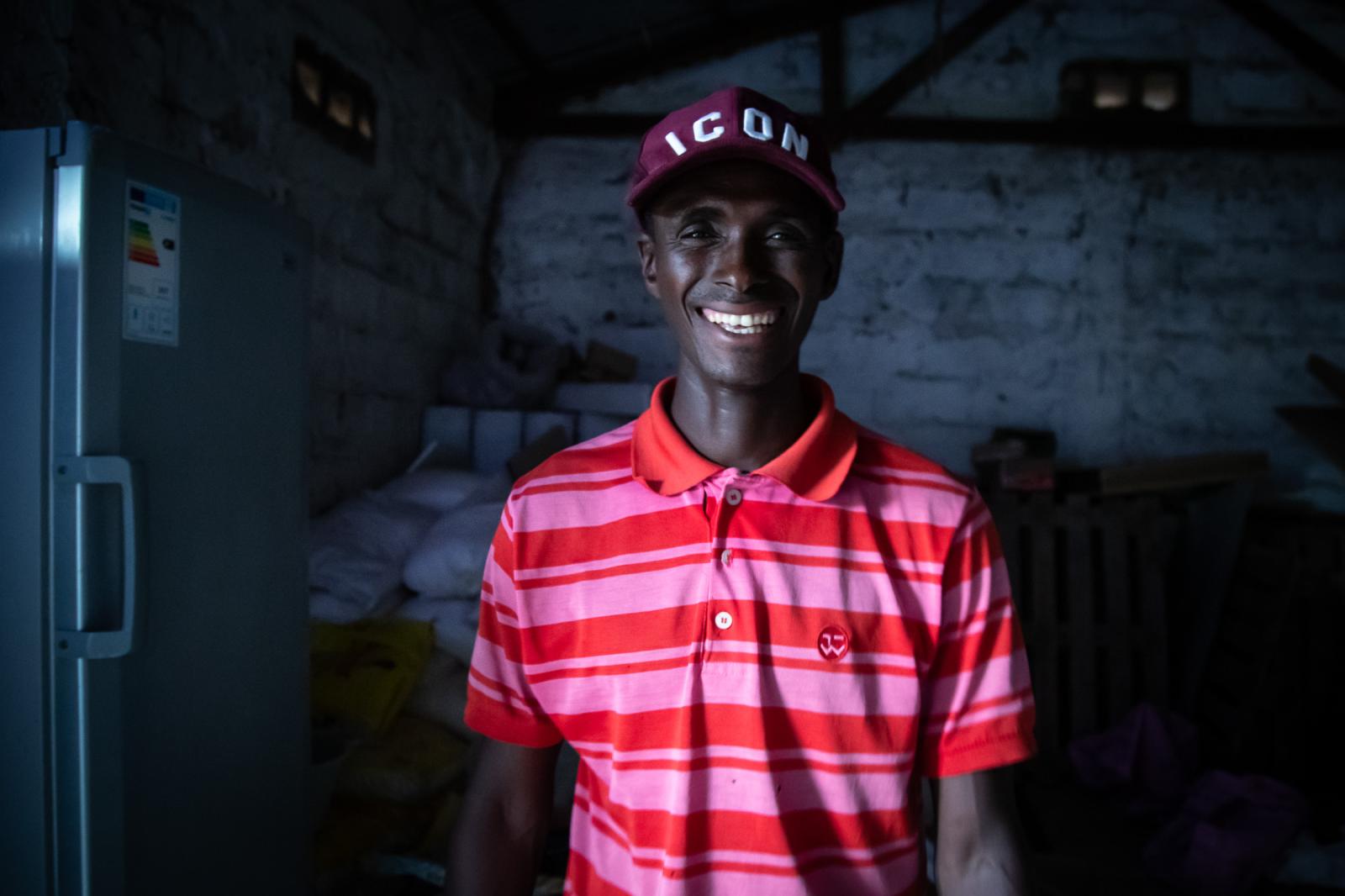Studies proof that Africa has the potential to become the „green continent“.
2 out of 3 people in Sub-saharan Africa lack access to electricity, while the demand is growing. Access to electricity means increasing economies, reducing poverty and also reduce or eliminate migration.
Climate change in mind we can not expand electrification using conventional energy. Clean energy is a necessity. With the huge amount of sun in Africa solar power would just be such a simple solution. In theory.
In my project I am exploring the actual green energy situation in Africa, with a focus on solar power. I was wondering why green energy is not already covering major parts of Africa. It is not just been invented. The first patent for solar power has been in registered in 1891 for Mr. Kemp`s "Apparatus for Utilizing the Sun's Rays for Heating Water". So what are the problems and what are the challenges?
In the first part of my documentary I went to The Gambia (the research trip was funded by Stiftung Kulturwerk, Germany). The Gambia was named in 2021 by Climate Action Tracker as the only country in the world which would apply enough policies and actions to be able to hit the target of the Paris climate agreement. Already in 2022 The Gambia was downgraded, but still listed as one of the most promising countries.
More than one third of Gambians have access to electricity, with rural electrification of only 16%. There is one electricity company. They providing conventional power which is not reliable and not clean. Home solar systems are hard to afford for most Gambians and are only used as additional option, because it is known for “easy to break" and therefore not reliable.
I learned that one of the major challenges in the past had been the maintenance of the solar systems. I started the visual documentary with meeting organizations and companies who aim to do solve this problem by educating people to become solar power technicians, or using smart technology, smart apps. They all are applying business models rather than would like to rely on charity. Green energy can only be sustainable when it is profitable.
Which stood out to me was a pilot project in the far east of the country. An solar expert from Tunisia, the Gambian government, the U.S. Agency for International Development (USAID) and Power Africa from the United States pulled strings together to make it happen. Agencies such as Power Africa are having ambitious goals -- to bring 60 Mio clean electricity connections to Africans until 2030. They bring together technical and legal experts, the private sector, and governments from around the world to work in partnership to increase the number of people with access to power. They assigned the local company Unique Energy to build a solar mini-grid plant to power a whole village, which never had access to power before. The company is also responsible for the distribution and maintenance of the solar system. Life in the village has changed drasticly since it`s kickstart in 2022. The solar power system is 100 % reliable. The economy grew rapidly and migration is not necessary anymore.
In the next step of my project I want to explore the „clean waste“ in Africa. In The Gambia I noticed many old broke solar systems, windmills which are not moving. Nobody is deinstalling them, the are just covering land- and cityscapes. Even with a proper maintenance the lifespan of batteries and Photovoltaik systems is limited. If we talk about clean energy we need to talk about its disposal. What is happening with the waste? There are often European companies providing the technology, are they taking responsibility when it is not working anymore? Are there recycling methods ? If so, can they be applied in African countries as well?The grant would allow me to continue my project, find out what is happening with the waste. Can the worlds solar dump be found in Africa, like all other e-waste? Are there any local recycling methods or international solutions?









